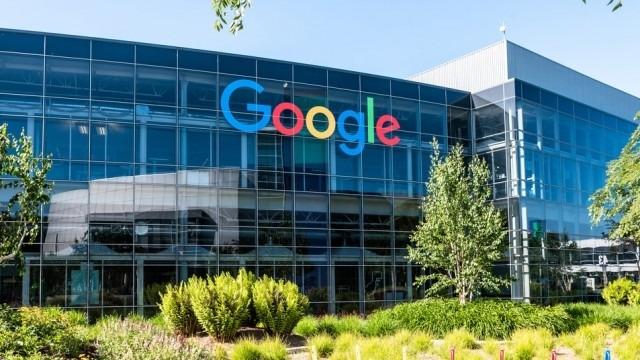A Computer Scientist is Taking on Google, as It Attempts to Patent a Video Compression Technique

Image Coutesy: Alphr
Google seeks to patent a video compression technique that has been in the public domain since at least 2014. The technique was invented by Dr. Jareslow Duda, a computer scientist at Jagiellonian University in Poland. Duda's technique called asymmetric numeral systems (ANS) is a broad compression method which can be used for compressing any kind of data (text, images, and video). ANS relies on simplifying the compression process, thus compressing files more than the existing Hoffman method does, without compromising on the time taken to compress the data – which the arithmetic coding method does. Duda had released his methods in the public domain, and suggested its use in compressing video among other types of data. ANS is now used by Apple and Facebook as well as Google. However, Google, at present, appears to be the only tech giant trying to patent it.
Google had filed a patent application with the European Patent Office (EPO). However, due to Duda's objections, the EPO preliminarily refused to issue the patent in 2005. Google claimed that they had improved on Duda's method. However, the EPO opined that Duda had already placed the information in the public domain and that any person with a degree of technical competence would have been able to apply his method in multiple ways.
Google, however, has also filed a patent application in the United States Office of Patents and Trademarks. The patent is still pending. However, if the application is challenged, it is unlikely that a patent will be granted. This springs from a 2014 opinion of the Supreme Court of the United States (SCOTUS) in Alice Corporation Pty. Ltd. v. CLS Bank International et al.
The Alice opinion concerned a patent claim against the bank concerning the use of a software, which the petitioners claimed, was their invention. The software functioned by keeping tabs on the account balance of users and clearing only those transactions for which there was sufficient balance. In short, it functioned as a clearing house. The SCOTUS decided against Alice Corporation on the grounds that the corporation had not invented anything new and that the concept was an old one. Even if they claimed they had invented a computerised method, similar concepts had already existed and were in use. One of the earlier decisions referred to by the Court involved a calculating the doses of a particular drug to be administered by a doctor. In this case, the 'calculation method' was nothing more than a series of instructions to a physician to perform actions that were already known and in use. Thus, there was nothing novel about it. Another decision involved using a known formula to cure rubber. In this case, the formula existed in the public domain, the novelty however, was that it was never intended to be used in curing rubber, yet it proved to be efficient in this particular application.
Thus, what one can see in the jurisprudence of the Court, is that something in the public domain may be patented to the extent that its use is 'novel'. Whereas, even if something has not been used, in a particular application, yet it was intended to be used in that application or a similar application, it does not pass the test of novelty. Therefore, the most basic test for conferring a patent is that the subject to be patented must first be 'novel'. However, Google's likely response here would be that Duda only presented an 'idea', whereas Google is creating an application. Another aspect of the practices in patent law is that ideas cannot be patented. The reason being that any number of ideas may be patented and never acted upon. Thus, allowing ideas to be patented would hamper intellectual development to the detriment of everybody. However, Duda's method cannot be said to fall within the realm of an idea as it has been applied by other companies as well. In fact, with regard to novelty, Duda's work has combined two different techniques of data compression, something that had not yet been done.
Corporations are often the first in the queue to patent anything that they feel might be profitable. Drug companies are notorious for 'evergreening'. This means that they make minor changes to their existing patents in order to ensure that their patents do not lapse, and that anybody else cannot make those changes and file a patent application. Through this process, large corporations are able to ensure their profits are never compromised.
Unlike medical research and biotechnology, in the realm of software research, costs are greatly reduced. All that is required for developing most applications, is a standard computer with a reasonably good processing speed. The fact that the Linux kernel exists in the public domain and is constantly being improved on, is a case in point. There are even websites which will compile a brand new Linux-based operating system based on one's preferences. In a sense, despite the meteoric rise of tech giants, the playing field remains level to the extent that anybody can develop new software and release it in the public domain or patent it as the case may be. Releasing software to the public has become much easier thanks to the internet and the existence of free hosting sites. Thus, corporations may not always have the upper hand in this domain.
Get the latest reports & analysis with people's perspective on Protests, movements & deep analytical videos, discussions of the current affairs in your Telegram app. Subscribe to NewsClick's Telegram channel & get Real-Time updates on stories, as they get published on our website.
























